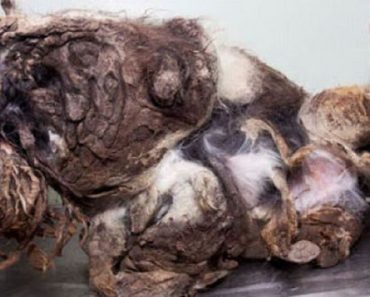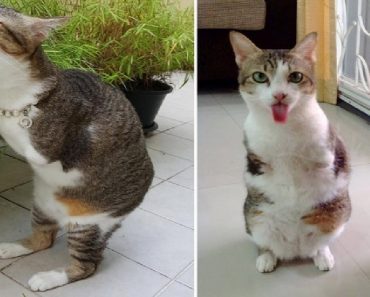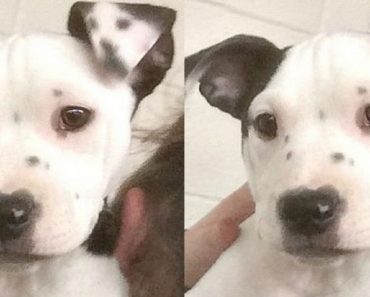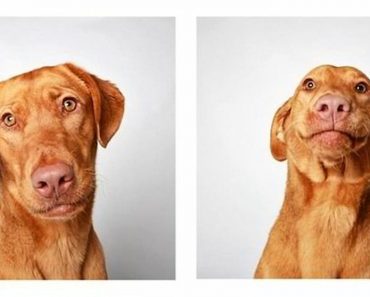This week, Las Vegas has joined dozens of other cities in banning the sale of dogs and cats in retail locations.
Stopping puppy mills has truly become a full-fledged movement among animal lovers. While banning the sale of dogs and cats in retail locations won’t put an end to them, it’s a step in the right direction. It cuts of one source of income for people who run puppy mills.
A photo posted by Best Friends Animal Society (@bestfriendsanimalsociety) on
The amazing humans at Best Friends Animal Society are some of the people spearheading this change. We asked Elizabeth Oreck, their national manager, about the importance of ending puppy mills and cutting off their access to pet store sales.
Here’s what she said:
“The standards of care that the federal government requires are so minimal that they are almost nonexistent. There are no limits to how many dogs a breeder can have (and some breeders have more than 1,000 dogs at a time), or how often a dog can be bred, or for how many years. There are no real veterinary or exercise requirements, and dogs are legally allowed to be confined to tiny, cramped cages only 6″ larger than the dog 24 hours a day, 7 days a week, often for years, without ever being taken out for a moment to stand on solid ground, go for a walk, or feel the sun on their backs.”
Another alarming fact is that the USDA openly admits to not having enough inspectors to check all breeders. Also, because they are short staffed, the inspections are not as thorough as they need to be. The USDA has cited many of their licensed breeders for violations of the Animal Welfare Act. Yet, these breeders continue to operate.
She goes onto say that, unlike reputable breeders whose goal is to better a specific breed, puppy mills breed dogs as products. And even the USDA has acknowledged that they don’t have enough inspectors and that those inspections are not sufficient to catch all of the violations that occur.
A photo posted by Best Friends Animal Society (@bestfriendsanimalsociety) on
These lax regulations lead to a lot of confusion among pet lovers who don’t realize that they are purchasing their pup from a mill.
Elizabeth weighs in on how to tell the difference:
Responsible breeders don’t sell to pet stores because it’s not financially viable and because they don’t sell to third parties. They want to know where those pets are going. And you can find that tenet (“Never sell a puppy to a pet store”) in every responsible breeder’s code of ethics, include all of the parent breed clubs listed on the AKC’s website.
Best Friends Animal Society has a great chart that outlines the difference between puppy millers and responsible breeders.
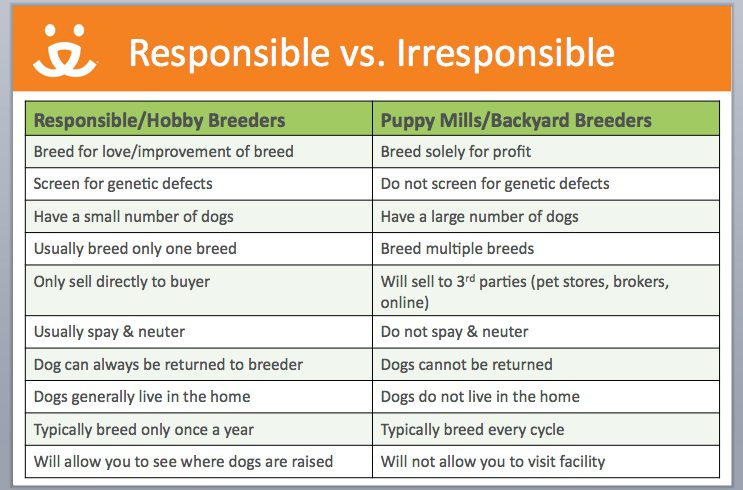
Elizabeth and other advocates hope that banning the retail sale of dogs and cats will not only help to put an end to puppy mills, but that it will also encourage people to adopt from shelter and rescues. Unfortunately, there is a stigma that shelter animals are “flawed,” but Elizabeth notes that improper breeding from puppy mills leads to a multitude of health problems. In fact, people surrender pet store pups to shelters for that very reason.
All pets come with risks, but pet store puppies are particularly prone to health issues (despite their high price tags) because of the substandard manner in which they are bred.
Along the same lines, one major benefit to adopting a shelter and rescue dog is that you know what you’re getting into, unlike a puppy mill pup.
”Unlike puppy mills and puppy retailers, shelters and rescue groups are not motivated by profit, so there is no incentive to mislead the customer. Rather, their goal is to find the best possible forever home for the pets in their care, so they work hard to make those matches as successful as possible. Also, they typically spend more time getting to know those pets, so they are in a better position to determine the best match for the pet and the adopter, as well as any potential challenges.”
Las Vegas’ move to ban retail sales of dogs and cats in pet stores is a huge step in ending puppy mills. As a result, there will be fewer animals in shelters, fewer animals with serious health conditions and also, less commodified animal cruelty and neglect.
Nita’s very best Friday face. Bring on the weekend! #SaveThemAll #bestfriendsanimalsociety
A photo posted by Best Friends Animal Society (@bestfriendsanimalsociety) on
We hope that more cities, and perhaps states, will follow suit and work to end the factory breeding of dogs.
High paws to all of the animal advocates who work tirelessly to protect the welfare of dogs. To find out how you can get involved, visit the Best Friends Animal Society’s advocacy page.
If you know someone who might like this, please click “Share!”



